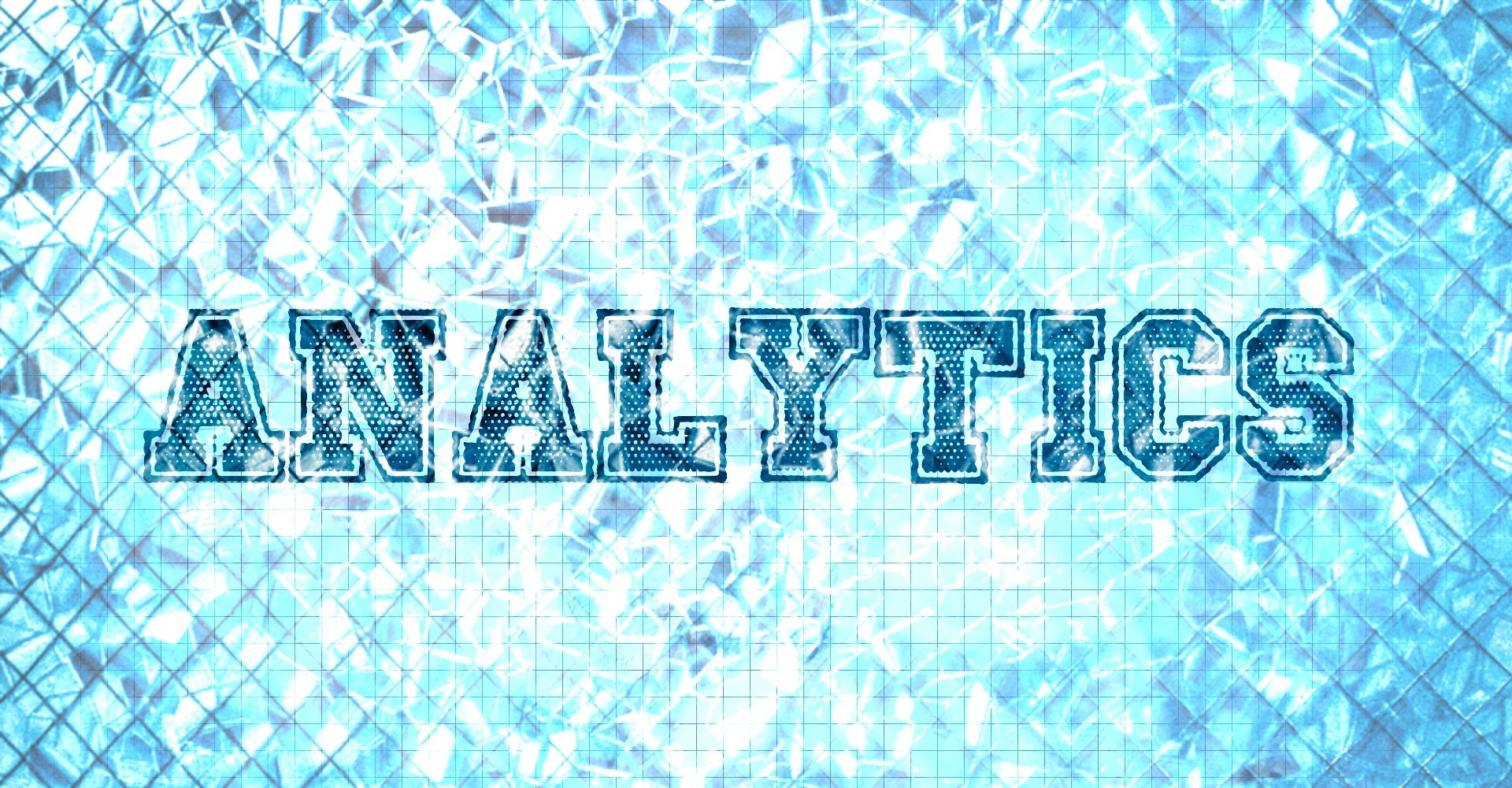AI-based Judicial Analytics
AI-based Judicial Analytics
Miami - October 31, 2020
We are in a transition period between theorizing about possible upcoming court decisions and foreseeing Judges’ behaviors and decisions thanks to causal inference-based machine learning algorithms. Creating such algorithms capable of predicting the outcome of potential lawsuits or pending court cases is the ultimate dream of Legal Tech.
Big Data Analytics Technologies are used in many sectors including the Legal Sector. Legal Analytics can be defined as the Tech-based tools and methods used to draw insights from Large Volumes of Legal Data.
"Legal analytics tools help lawyers make data-driven decisions on which to build their legal strategies. That could mean things like knowing the probability of a specific motion outcome, how seemingly unrelated cases connect or how much a settlement award could be. Powerful visualization tools can incorporate legal data analysis to reveal hidden connections between entities or uncover valuable links to citing cases. Many visualization tools are also incredibly helpful in improving the way lawyers scan and interpret search results to speed up their research time." Source: LexisNexis
Kevin D. Ashley in his book 'Artificial Intelligence and Legal Analytics' (published in 2017) explains how the software-based connection of "computational models of legal reasoning directly with legal text can generate arguments for and against particular outcomes, predict outcomes and explain these predictions with reasons that legal professionals will be able to evaluate for themselves. These legal applications will support conceptual legal information retrieval and allow cognitive computing, enabling a collaboration between humans and computers in which each does what it can do best."
In 2019, France enacted a law forbidding anyone from analyzing data about judges’ decisions with violators risking up to five years of imprisonment. Proponents of the ban assert that it is necessary to protect the privacy of judges because statistical analysis may reveal patterns about how certain judges reach their decisions. As a consequence, that law also limits the ability to build, operate and provide to customers (e.g. French lawyers) AI-based Litigation Risk Assessment and Predictive Judicial Analytics Software Tools in France.
Nevertheless in the rest of the world, research is making some progress towards developing this ideal AI-powered Software tool able to (i) make smart Case Law research and Litigation Risk Assessments faster and more efficiently than burnt-out lawyers, and/or (ii) predict Judges’ behaviors (behavioral judging) and court decisions thanks to embedded causal inference-based machine learning algorithms.
Considering that legal systems are complex adaptive systems with elaborate levels of complexity and extensive feedback loops between their respective institutions and multiple agents, their patterns of emissions and interactions including arguments, pieces of evidence, filings, decisions, responses, behaviors can be analyzed by AI-based Judicial Analytics Software to establish statistics-based (e.g. data on past cases and rulings of a specific Court or Judge) causal inferences to predict (with approx. 70 % of probability) the outcome of pending cases.
Such software manage to predict various forms of outcome including:
- litigation outcome (what ruling can be expected);
- which arguments, evidence or case law might be relevant for a particular case;
- what might be the length of the litigation process;
- what are the possible costs of the case.
Premonition (losingisexpensive.com) claims to be the current world’s largest Litigation Analytics Platform. But it actually only assists legal departments in choosing their lawyer based upon performance in the courtroom.
Ravel Law (ravellaw.com which is a LexisNexis Company since 2012), on the other hand, turns every lawyer into a de facto data scientist via user-friendly data mining that uncovers patterns in judges’ rulings and case outcomes.
In other words, much more R&D is needed to actually create this still quite theoretical ‘Smart Artificial Litigator’ that would be assisting burn-out human litigators.
Dr. Ariel Humphrey
